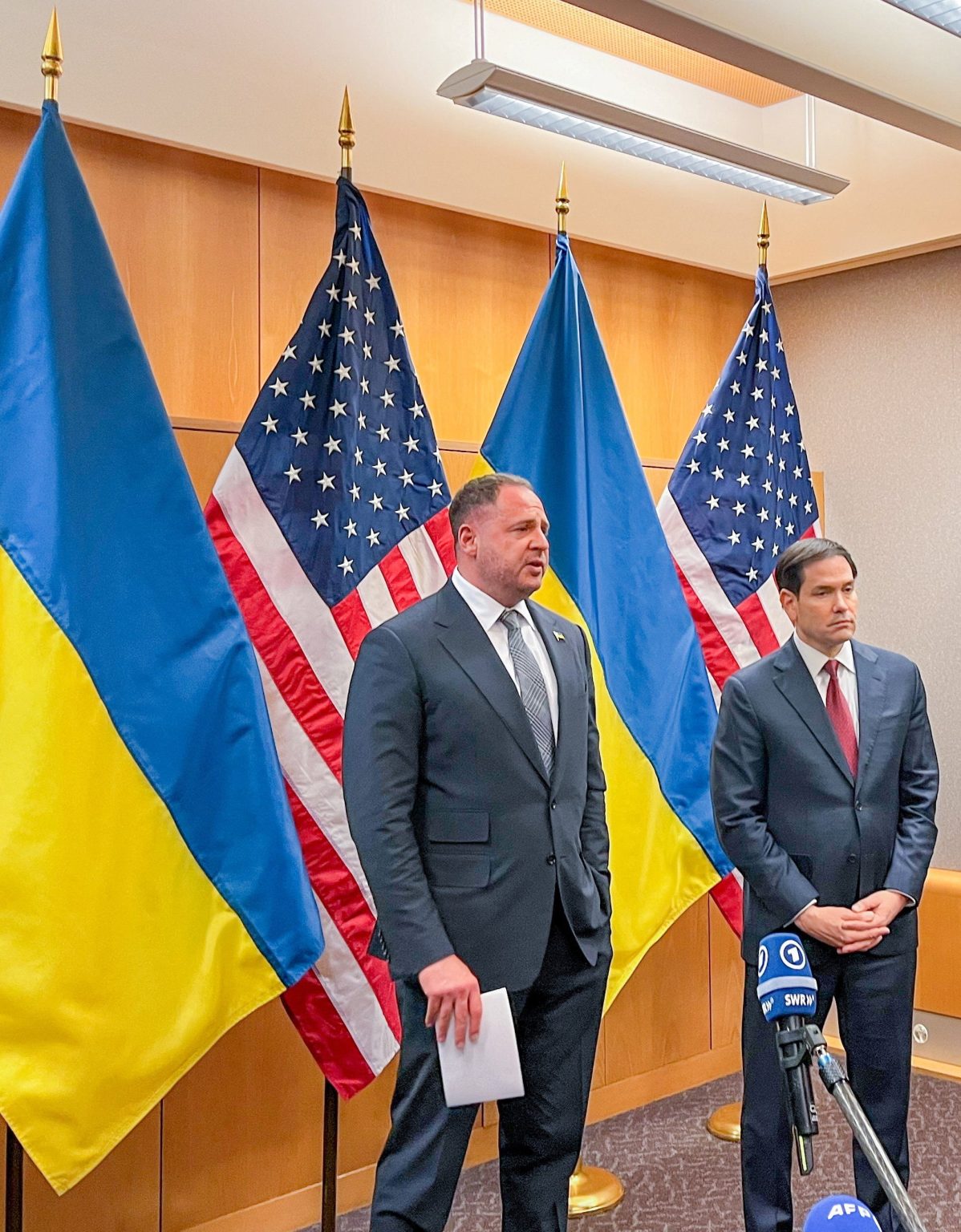European Allies Push Back on U.S. Ukraine Peace Proposal
Recent peace talks aimed at ending the conflict in Ukraine have revealed tensions between the United States and its European allies over who should have a seat at the negotiating table. European leaders from France, Germany, and Finland have made it clear they will not accept being sidelined in discussions that directly impact European security.
Secretary of State Marco Rubio recently described “substantial” progress on an “updated and refined peace framework” following discussions with Ukraine, calling it “the most productive day we have had.” However, his comments about matters involving the EU and NATO proceeding on a “separate track” triggered immediate concern across European capitals. A senior European diplomat bluntly expressed the continental view: “No negotiations about Ukraine without Ukrainians. No negotiations about Europe’s security without Europeans.” This sentiment highlights the growing unease that European nations feel about potentially being excluded from decisions that will shape their neighborhood’s future security architecture.
European leaders have been vocal about their concerns. German Chancellor Friedrich Merz stated firmly at the G20 summit that “wars cannot be ended by major powers over the heads of the countries affected,” while French President Emmanuel Macron pointed out that the American proposal “has not been negotiated with the Europeans” despite containing provisions that directly impact them. Macron specifically highlighted proposed limitations on Ukraine’s military capacity as effectively restricting Ukrainian sovereignty. Finland’s President Alexander Stubb weighed in via social media, asserting that “Europe and NATO decide on matters concerning them,” reinforcing the message that European nations expect to be full participants in any peace process.
The diplomatic tension occurs against a backdrop of continued Ukrainian resistance to territorial concessions. President Volodymyr Zelenskyy, addressing Sweden’s parliament, maintained his country’s position that “the aggressor must pay fully for the war he started.” He identified Russian President Vladimir Putin’s desire for “legal recognition for what he has stolen” as the fundamental obstacle to peace. Meanwhile, Moscow has dismissed emerging European counterproposals as “not constructive,” according to Russian presidential aide Yuri Ushakov, suggesting that finding common ground among all parties remains a significant challenge.
Despite these disagreements, there appears to be some basis for continued dialogue. The European diplomat characterized the American plan as “a basis that requires further work,” indicating that while insufficient in its current form, it isn’t being rejected outright. France and the United Kingdom are reportedly planning to convene a Coalition of Volunteers meeting to coordinate Europe’s position, suggesting an effort to formulate a unified European approach rather than simply opposing the American initiative. Even NATO Secretary-General Mark Rutte, while acknowledging that “some elements had to be changed,” noted there was “good stuff in the plan” and praised the effort to achieve “a durable and lasting peace in Ukraine, a sovereign nation.”
As negotiators from the U.S., Ukraine, and major European states continue discussions throughout the week, the path forward will require balancing multiple competing interests. The disagreement highlights a fundamental question about who should shape Ukraine’s future – the country itself, its European neighbors, or global powers. Finding the right formula for inclusive peace talks that respect Ukrainian sovereignty while addressing security concerns across the continent remains the central challenge. The current tensions demonstrate that any viable peace process must not only resolve the immediate conflict but also establish a framework for European security that all stakeholders can endorse and implement together.


